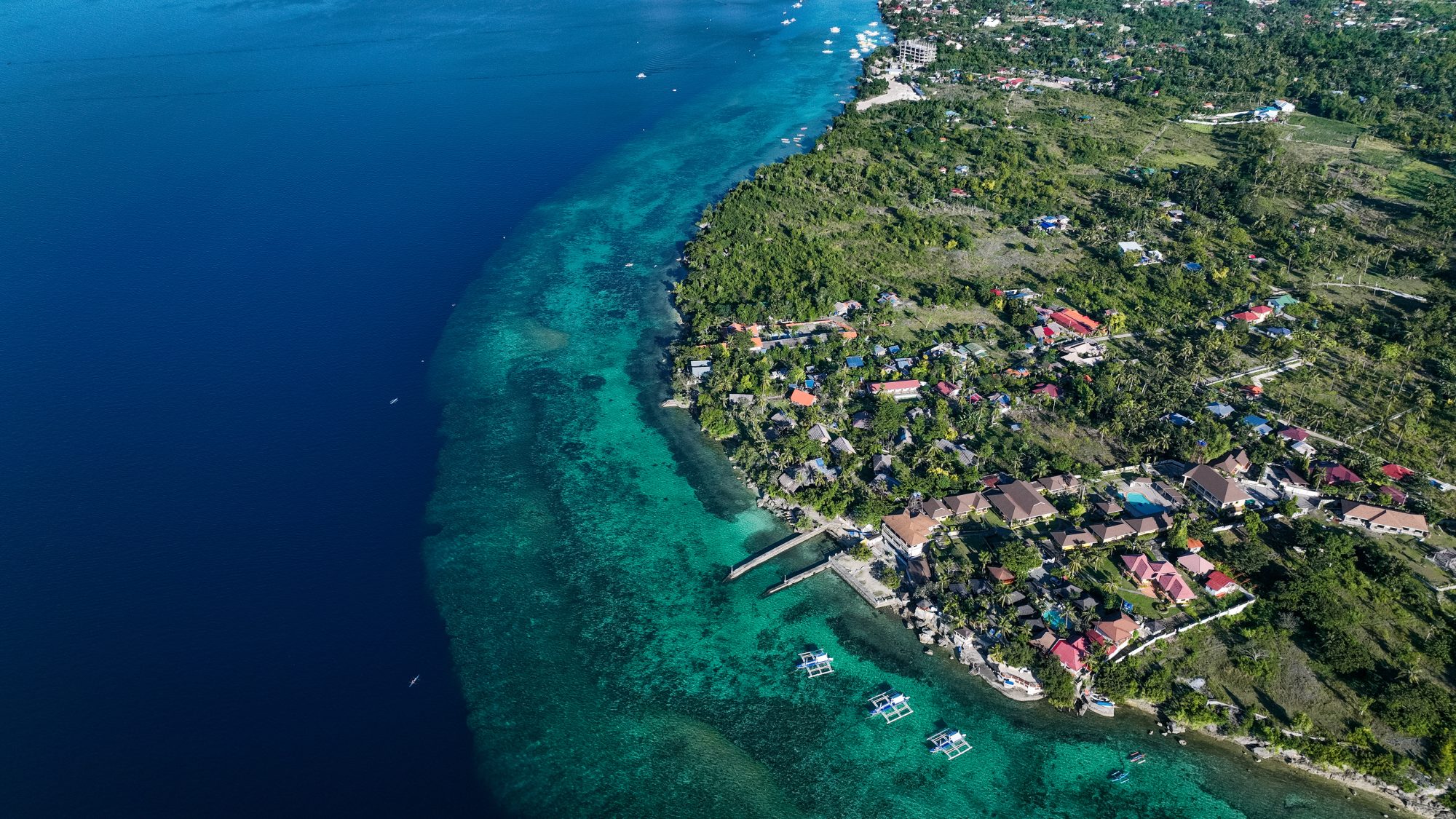The Philippines is both a global plastic-leakage hotspot and one of the countries most exposed to climate-amplified typhoons, making it a key TULIP research site. Up to 5.5 million tonnes of plastic waste are generated each year, and one fifth escapes formal disposal. A new Extended Producer Responsibility law now requires large companies to recover a rapidly increasing share of that plastic—creating a clear window for science-informed action.
TULIP is focusing on two contrasting provinces: densely populated Pangasinan in the north-west, with its flood-prone river deltas and intensive aquaculture, and Aurora on the Pacific coast, where frequent typhoons batter a largely rural shoreline. Field teams combine water-quality sampling with ethnographic “story mapping”, photovoice projects in schools, and citizen-science monitoring squads to understand both contamination pathways and lived experience.
The stakes are immediate. Hospitals and livestock operations already face rising multidrug-resistant infections, and flood-driven spill-over makes AMR a daily reality for coastal and farming families. TULIP findings feed directly into participatory design of low-cost litter-catch devices, wetlands that filter run-off, and scenario tools that let municipal planners compare options—such as installing ten wetlands versus doing nothing until 2030.
By weaving scientific rigour with community knowledge, the Philippine case study ensures that TULIP’s solutions are culturally grounded, technically sound, and exportable to other climate-vulnerable nations.

